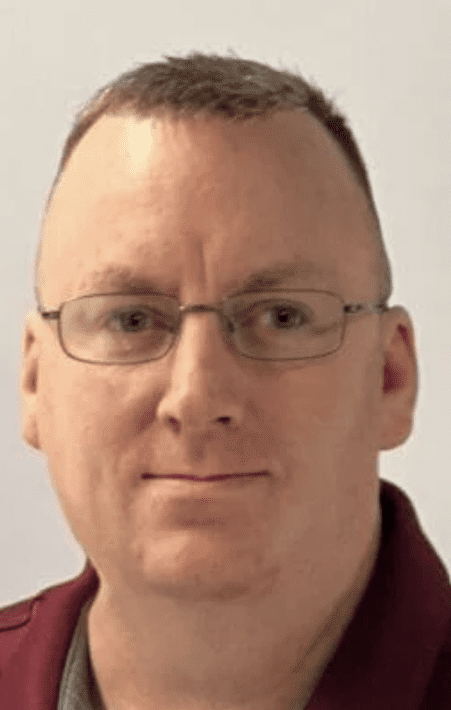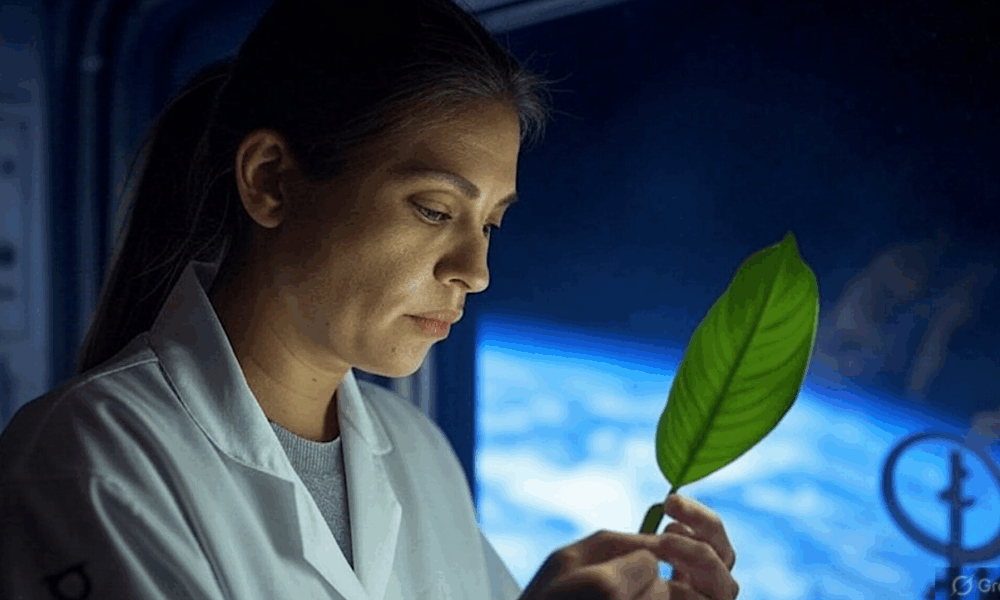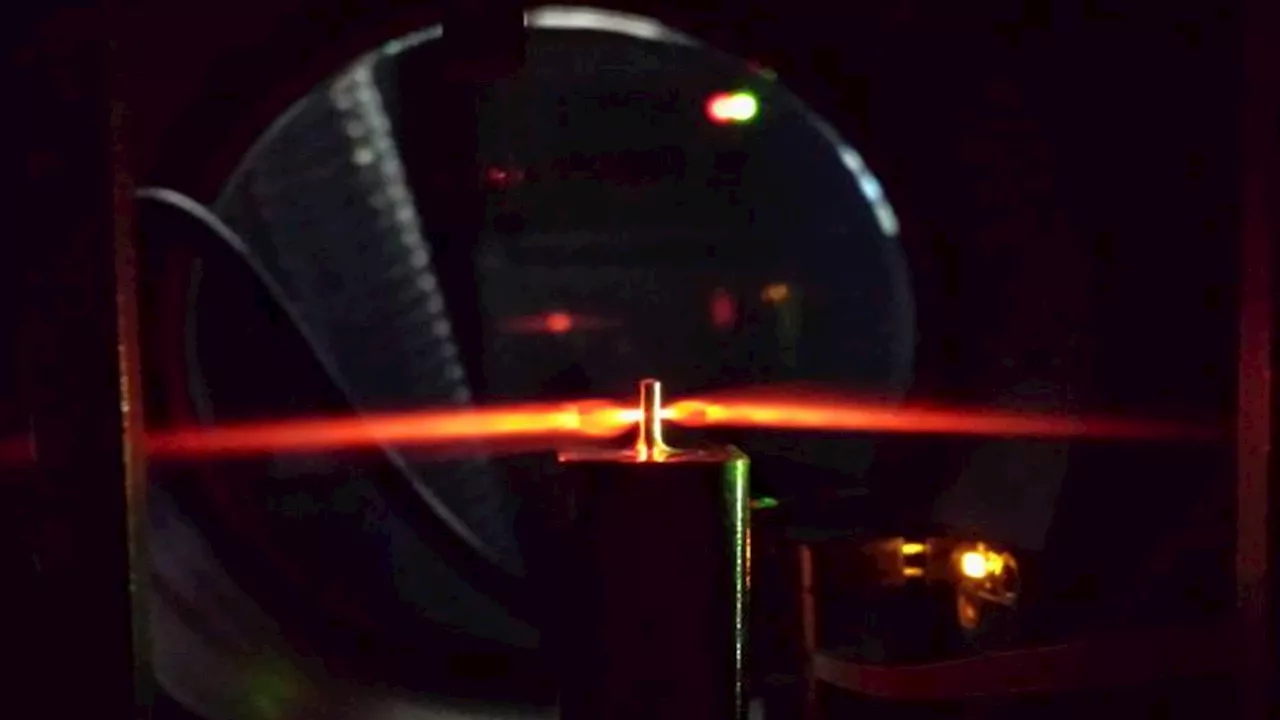A professor at the University of Arkansas at Little Rock is advancing research that aims to enhance accessibility in the field of cybersecurity. William Cox, an assistant professor of cybersecurity and information technology, draws on his extensive experience as a cyber warfare operator in the U.S. Air Force to address challenges faced by individuals with vision impairments in this critical industry.
His journey into this vital area of study began on campus when he taught a blind student and discovered significant flaws in current accessibility tools. “I relied on all the tools we’re told to trust when it comes to accessibility and they failed us — failed me,” Cox remarked. He highlighted the disparity in reading times, noting that while sighted students could complete readings in about 10 minutes, his blind student took three to four hours.
Revolutionizing Usability Standards
This pivotal experience led Cox to differentiate between accessibility and usability, focusing his current research on enhancing the usability of software. Many cybersecurity platforms rely heavily on visual elements like charts and color-coded alerts. Although these platforms might meet formal accessibility guidelines, they still pose significant barriers for individuals who are blind or have low vision.
To tackle these challenges, Cox is developing tools powered by artificial intelligence that will assess and improve software’s ability to communicate with users who cannot depend on visual observation. These innovative tools will scan websites to identify accessibility gaps from a blind user’s perspective and provide actionable solutions.
In addition to enhancing industry tools, Cox is also creating classroom technologies that automatically convert documents and coursework into formats such as real-time audio. His goal is to ensure that blind and low-vision students can engage with course material just like their sighted peers.
Empowering the Blind Community
While most existing research in this area emphasizes improving everyday activities, Cox’s work is specifically directed toward industry and workforce development. He aims to showcase the strengths of the blind and low-vision community, allowing them not only to access cybersecurity education but also to excel in professional environments.
“Many blind individuals have an exceptional ability to absorb, retain, and recall information,” Cox explained. “They often process information uniquely because they’ve learned to adapt and overcome challenges.” His research seeks to establish a new standard for accessibility within the cybersecurity realm while simultaneously addressing stigma in the industry.
Cox believes that true accessibility can enhance local industry, particularly at a time when Arkansas is focusing on bolstering its cybersecurity infrastructure. He pointed out that cyberattacks are not limited to major cities or federal agencies; instead, Arkansas is also vulnerable. “People sometimes think, ‘We’re in Arkansas, so who cares about us?’ But that mindset is dangerous,” he emphasized, citing major local industries, including Walmart and Tyson Foods, as potential targets.
As state leaders ramp up investments in cybersecurity education and research, Cox sees a significant opportunity to protect Arkansas while simultaneously creating new career pathways. He noted that much of the state’s cybersecurity talent is often drawn to opportunities outside of Arkansas. By increasing accessibility, the local talent pool could be expanded and enriched, bolstering the workforce.
Cox’s research exemplifies a transformative approach, turning obstacles into opportunities for Arkansas to lead in accessible cybersecurity education and development. His work illustrates that accessibility and innovation are not competing goals but rather essential partners in shaping the future of this rapidly evolving industry. Through his efforts, Cox is laying the groundwork for a stronger workforce, economy, and digital security in Arkansas.







